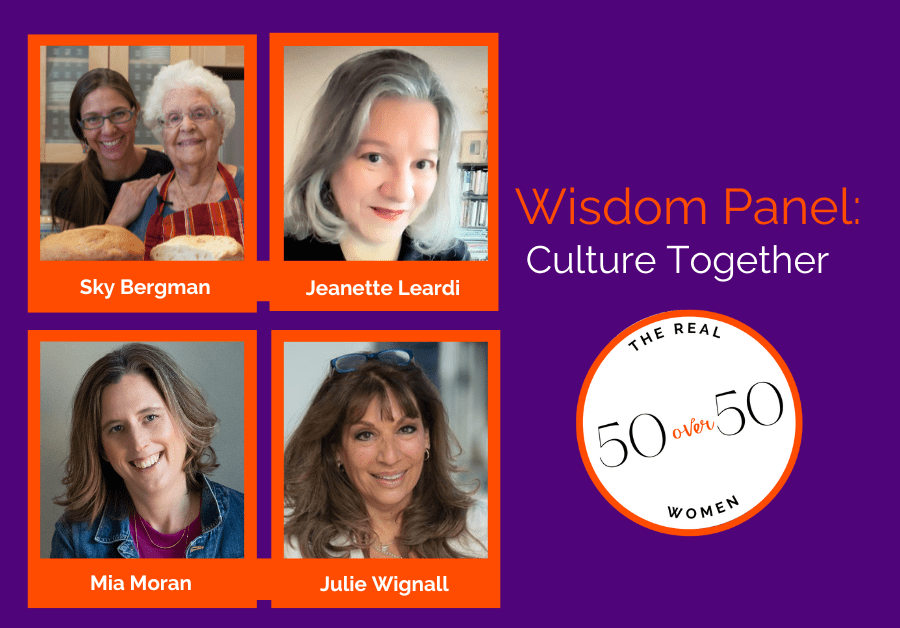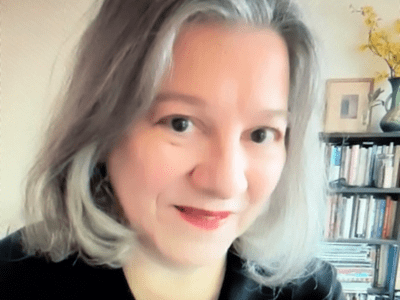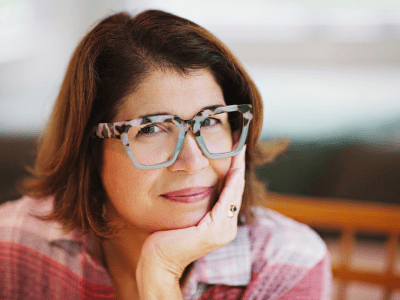The Brief
This edition of our monthly Wisdom Panel series is all about VISIBILITY and the impact of being HIDDEN on the following topics:
- advocacy and racial equity
- ageism, specifically past the age of 50
- past trauma
- business success and failure
- personal and business relationships
- marketing and fear of technology
- historically and in our stories
What happens when we stop hiding, show up as ourselves, and embrace possibilities and opportunities?
What’s the ripple effect? How can our courage and willingness to be visible create change now and for future generations?
Join me in an unscripted conversation with our esteemed panelists – Click on each of the panelists’ names. to learn more about them:
- Nina Froriep: Visual Storyteller, Disruptor, Video Marketer
- Angela L. Todd: Archivist, Historian, Activist
- Nicole Lewis-Keeber: Business Therapist, Coach, Speaker, Author
- Terrlyn Curry Avery aka Rev Dr TLC: Speaker, Author, Creator of Pastology
- Diann Wingert: Business Strategist, Coach, Mentor, Psychotherapist, Podcaster
Fear of technology can be a mere disguise for fear of being visible
The panel discussed how fear of technology, especially past the age of 50, can often be a disguise for a deeper fear of visibility. While the technological aspect of visibility can be challenging, especially for those who did not grow up with it, the panelists agreed that the broader issue is more about mindset.
Stepping out of fear and into visibility has a ripple effect. The panelists shared personal experiences and observations of how their own or others’ visibility had significant impacts.
Visibility is a choice and can be tailored to individual comfort levels
The panelists agreed that visibility isn’t a binary choice but can be adjusted according to individual comfort levels, and priorities, both personally and professionally. They discussed the importance of being authentic and true to oneself when becoming visible.
Diann Wingert likened visibility to a dimmer switch, suggesting that individuals can gradually increase their level of visibility in a way that suits them. Nicole Lewis-Keeber stressed the importance of consent in visibility, stating, “Don’t let someone tell you how you have to be visible because it aligns with their latest coaching program.” Terrlyn Curry Avery noted the importance of visibility in teaching younger generations about contributions and advocating for racial equity.
Angela Todd pointed out that in archives, the people who give their collections set the permissions for how their stories are shared, providing another perspective on the concept of visibility. She remarked, “When you give your archive to a place, you set the permissions they have to enact.”




